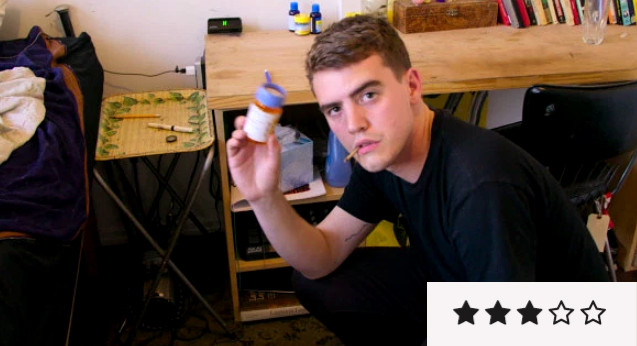Take Your Pills review: Netflix doco explores our pill-popping, ADHD society


What do patterns of drug consumption say about the broader cultures they belong to? It is a fascinating question with perhaps countless points of historical inquiry, from opium use in Chinese and Islamic societies to the proliferation of dope and LSD in the western world during the 1970s. We know things were swallowed, smoked, injected and snorted, but what did it all mean? Drawing observations about how drug use corresponds to larger societal issues and attitudes is no small task.
It is, however, convincingly if broadly achieved in Netflix’s new documentary Take Your Pills, directed by Alison Klayman (whose films include Ai Weiwei: Never Sorry) and executive produced by Maria Shriver and her daughter, Christina Schwarzenegger. Their focus is an estimated US$13 billion industry that pedals cognitive enhancements such as Adderall and Ritalin. Particularly how these drugs have infiltrated areas of society such as universities, tech start-ups and the corporate world.
The director follows several candid, pill-popping subjects from these various walks of life. The findings of her investigations are presented as a range of push and pull factors: the positive effects of the substances that entice people, versus the negative elements of a particular culture that make pharmaceuticals even more attractive, and in some minds necessary.
There is the question of who really needs these substances and who really wants them. But instead of playing pretend doctor, Klayman busies herself making bolder, bigger, more interesting connections.
One expert notes: “When I went to university people used drugs to check out. Now they use drugs to check in.” This point of view is fundamental to the director’s core thesis: that these are fast drugs for fast times. Or to paraphrase another interviewee: that society itself has ADHD, so how can we be surprised that use of ADHD-related drugs is proliferating?
Early moments exploring drug usage as a by-product of ultra-competitiveness among students draw obvious parallels to another recent Netflix documentary, Icarus, which begins as a study of doping in cycling before morphing into cloak-and-dagger politics, painting Russian conspiracies more outrageous than anything in the espionage thriller Red Sparrow. The focus towards the end of Take Your Pills shifts to microdosing, of substances such as magic mushrooms. In this context the drug is not used for psychedelic effects but to stimulate creative thinking, like having a cup of coffee.
Was the editing of the film intended to represent the effects of the drugs themselves? Images and talking heads whoosh by, from pithy reflections of users to potted histories of various substances (Ritalin, for example, began as a love story involving a woman named Rita). Things get lost in the frantic, roller coaster, hurlyburly approach, storytelling clarity taking a backseat to the demon in the editing room. Is the film too fast? Is society, for that matter, too fast also? The answer to both questions is almost certainly “yes.”
Visit this page for more information on Take Your Pills











